
Congratulations! Whether you’re newly pregnant or farther along, it is truly a miracle and such an exciting time in your life. While you’re probably busy researching of all of the newest baby gear to buy or figuring out how to decorate the nursery, one of the first decisions you have to make when you find out you’re pregnant is what prenatal to buy. So, let’s talk about why prenatal vitamins are important and what you should look for in them.
I’m sure some people might say that as long as you’re eating a healthy and balanced diet you can make do without taking a prenatal vitamin. But let’s be real, during that first trimester, a lot of us can barely look at vegetables and are consuming a diet consisting mainly of bread and cheese. So we’re going to need to supplement!
And that’s exactly what prenatal vitamins, and any type of vitamins for that matter, are for. They’re there to supplement your existing diet when you can’t meet all your needs. During pregnancy especially, a prenatal is important to ensure that you’re giving your baby all the nutrients he or she needs. But, if you enter your 2ndtrimester and get your appetite back, this also means that you don’t need to stress if you miss a day of your prenatal.
MOST VITAMINS HAVE A LONG LIST OF INGREDIENTS, BUT HERE ARE THE TOP ONES TO LOOK OUT FOR:
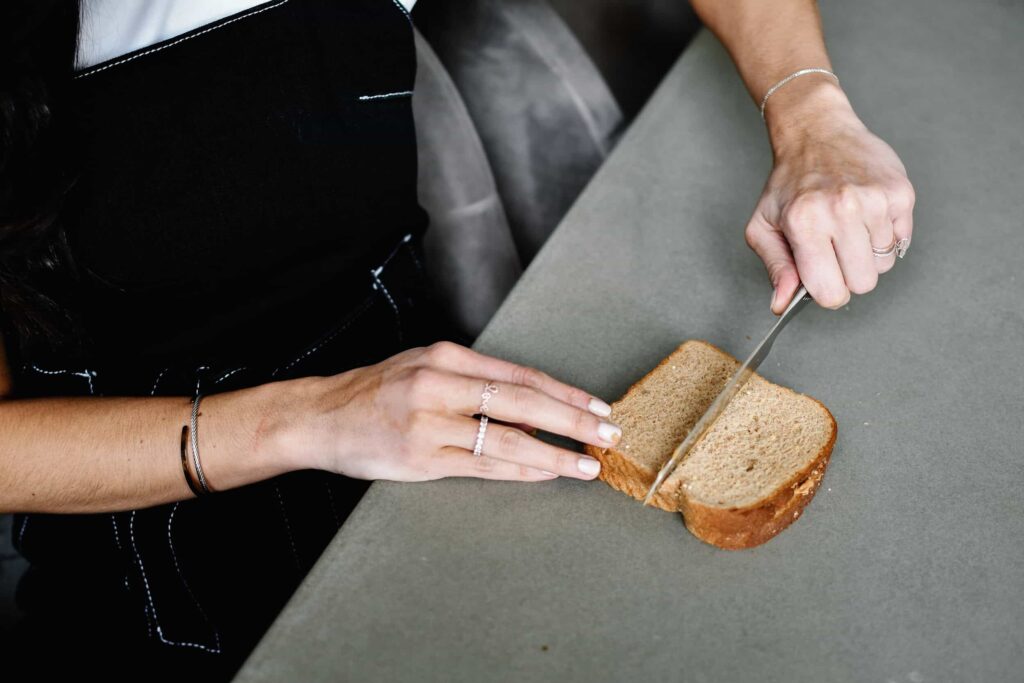
Folate
One of the most important ingredients to look for in a prenatal vitamin is folate. Folate is the naturally occurring form of vitamin B9. It can also be made synthetically in the form of folic acid.
It’s important to note that not all forms of folic acid can be converted into the active form of vitamin B9 in your digestive system. So, when you’re looking at the ingredients on your prenatal, try to look for “folate” vs “folic acid”. The ACOG recommends women should get at least 600 micrograms (mcg) of folate each day during pregnancy, and at least 400 micrograms per day 1 month before trying to conceive, too.
Folate is such an important nutrient in pregnancy because it helps prevent birth defects of the brain and spine, commonly referred to as Neural Tube Defects2. The spine and brain are one of the first things to develop in a growing fetus, which is why it’s recommended to start folate supplementation before pregnancy, as most people typically don’t find out until 4-6 weeks, when that critical development occurs.
And, you can also get folate from these food sources: grain products like cereal, breads and pasta (fortified with folic acid!), dark leafy greens like spinach, asparagus, Brussels sprouts, avocados, and legumes (beans, peas, lentils).
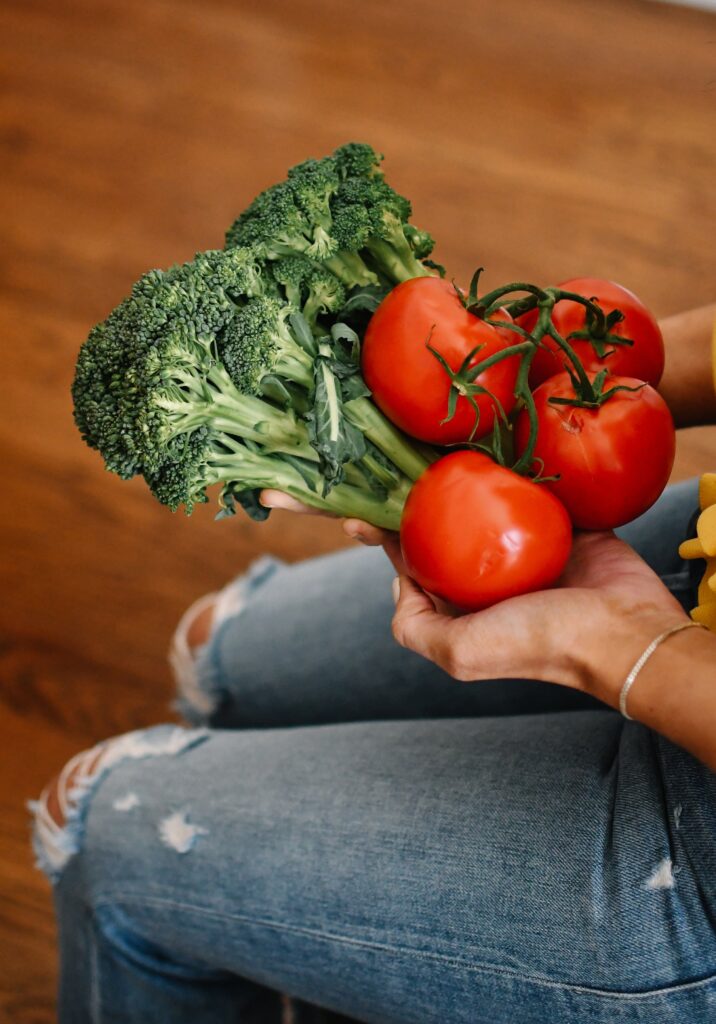
Iron
Another essential mineral to look for in your prenatal is iron. According to the CDC, iron deficiency anemia is the most common known nutritional deficiency. It’s so important to make sure you have enough iron during pregnancy because it helps make red blood cells and deliver oxygen to the fetus.
Did you know that your blood volume DOUBLES during pregnancy?! Yes, doubles! That’s a lot of extra blood, which needs a lot of iron to make it. The normal recommendation for iron is 18 mg per day, and increases to 27 mg per day during pregnancy.
Food sources: Find iron in lean red meats, poultry, beans and lentils, leafy greens like spinach and bok choy, tofu, and cashews.
Vitamin D
Believe it or not, most people find themselves naturally deficient in Vitamin D. According to the American Pregnancy Association, 40-60% of the entire US population is deficient – that’s A LOT! And, vitamin D is generally difficult to obtain through diet alone because it doesn’t actually naturally occur in that many foods – we get it most easily through the sun.
It’s crucial in helping build baby’s bones and teeth, promoting healthy eyesight, and most importantly aiding in the absorption of calcium. The ACOG recommends a minimum of 600 International Units (IU) but, if you’re already deficient, it’s safe to take between 1000-2000 IU per day while pregnant.
Food sources: Again, it’s hard to find vitamin D naturally in foods, but you can find it in egg yolks, and oily fish such as salmon and sardines, and fortified in dairy products such as milk. Your best bet for vitamin D though is the sun!
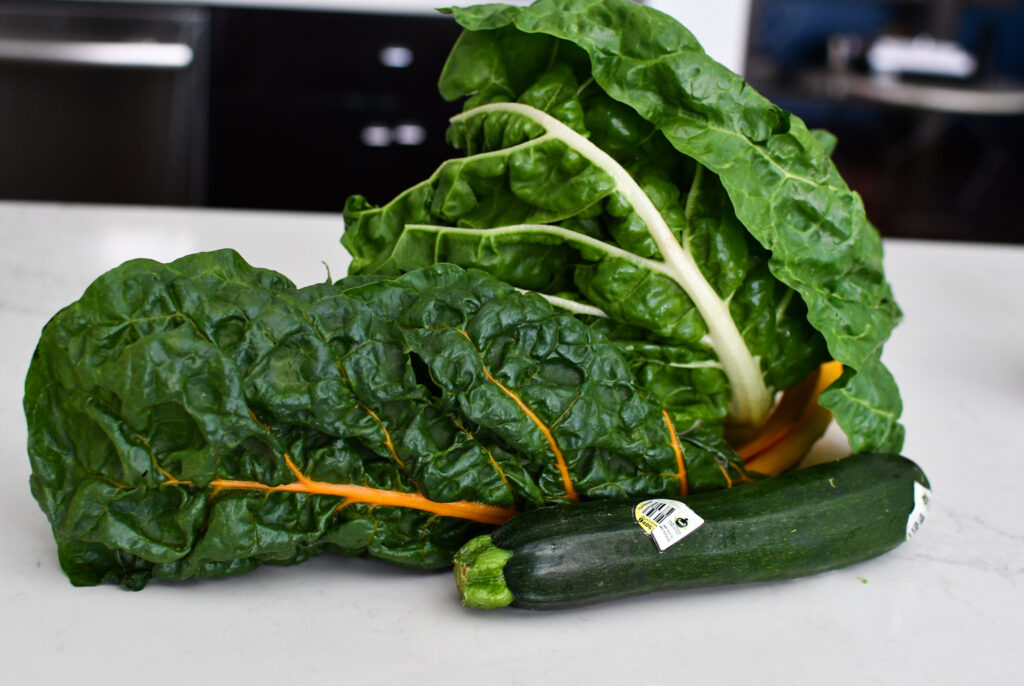
Calcium
Calcium is crucial for building strong bones and teeth, as well as healthy development of the heart, nerves, and muscles. The ACOG recommends 1,000 mg per day during pregnancy.
A lot of prenatal vitamins don’t include calcium, or if they do, only include a small amount. No big deal! This is because calcium is pretty abundant in most people’s diets, so you’re likely already getting enough from the food that you eat.
And if you’re not already eating these foods, don’t fret! Simply look for a prenatal vitamin with calcium already in it.
Food sources of calcium: dairy products such as milk, cheese, and yogurt. Also, beans and lentils, dark leafy greens like spinach and bok choy, edamame, tofu, seeds, almonds, sardines and canned salmon.
Choline
Choline is a relatively new compound that is starting to get more attention. It plays a large role in developing a healthy brain, general neurodevelopment functions, gene expression, and rapid cell division and growth in the fetus10. Your body actually produces some choline on its own, but not enough to meet the demands of pregnancy.
Since starting to get more attention, more prenatal vitamins are including them in their products. However, if you pick a prenatal vitamin that doesn’t have added choline, just try to get it from your diet. You can find a lot of separate, supplemental choline pills. The ACOG recommends at least 450 mg of choline per day during pregnancy.
Food sources of choline: animal proteins such as eggs, beef, poultry and fish. Also find it in nuts, legumes, cruciferous veggies (broccoli, cauliflower, cabbage), and tofu.
Omega-3 Fatty Acids
Adequate amounts of omega-3 fatty acids are important during pregnancy for fetal brain and eye development. The most biologically active forms of omega-3 fatty acids are EPA & DHA and mainly come from seafood and algae sources. Guidelines recommend having at least 200 mg of DHA per day, which can be achieved by consuming 1 to 2 6-ounce servings of fish or seafood per week.
Not all prenatals come with EPA or DHA in them, so if not, simply add them separately – this should also be pretty easy to find. DHA is more commonly found in prenatals vs. EPA as it supports the brain, eyes, and nervous system developments.
Many women don’t eat enough fish during pregnancy because either 1) they can’t stomach it, or 2) don’t know which types to eat and are afraid of consuming too much mercury. But don’t worry! There are plenty of low mercury fish that can satisfy this requirement.
Low mercury food sources of omega-3 fatty acids: shellfish, salmon, scallops, sardines, catfish, pollock, tuna*, flaxseeds (ground or oil), chia seeds, and omega-3 enriched eggs.
*White albacore tuna can be consumed up to 6 oz. per week (about 1 can) 2. Other high mercury fish to avoid are bigeye tuna, mackerel, shark, swordfish, and tilefish.
While there are still other important vitamins and minerals found in prenatals, these are the top ones to look out for when you’re searching for your own.
My personal favorite prenatal when I was pregnant with my son was Ritual Essential Prenatal. It included almost all of these nutrients and also shows where the ingredients are sourced from, which I loved! Supplements (which include vitamins) aren’t regulated by the FDA, so if there’s a brand that has third party sourcing or is super transparent about where their ingredients come from, I’m all for it!
You might notice that calcium isn’t listed in Ritual’s prenatal, and you may be thinking, “then why did you just tell me to get it?!” Well, let me explain!
Calcium actually inhibits iron absorption, and since iron is so important during pregnancy and calcium is pretty abundant in the diet, you’re likely able to meet calcium needs through diet alone, which I felt was the case for me. If you have a prenatal with calcium AND iron though, that’s also totally fine, as iron levels are routinely checked during pregnancy.
While Sammi was pregnant, she loved Women’s One a Day prenatal. It has all of the above nutrients and came with a separate capsule for choline.
Some of our other favorites are: NatureMade Prenatal Multi + DHA, Rainbow Light Prenatal One + DHA, Honest Prenatal Once Daily, Baby & Me 2 Prenatal Multi and Garden of Life Vitamin Code RAW prenatal.
Again, if a prenatal is missing choline or DHA/EPA – and many of the above are! – don’t worry. Simply add a 2nd capsule that contains the missing nutrient if you can.
And most importantly, please remember to ask your OBGYN about any prenatal vitamin too. While these nutrients and statements apply to the general population during pregnancy, your OBGYN knows you and your specific needs best. You might be someone who specifically needs a prenatal with calcium, or you might do better finding a prenatal that includes EPA/DHA in the capsule to avoid that fishy smell.
As always, use this a guideline to help you nourish your baby and body as best as you can during pregnancy. And remember, try not to stress! Do the best you can to take a prenatal vitamin every day and know that if you forget a day or 2 here of there, you’re normal and it’s totally, totally okay.
*The information in this blog post is not intended to replace medical advice. For questions about which prenatal vitamin is best for you, please speak to your physician.
This blog post was written by Natalie Baum, senior dietitian at Sammi Brondo Nutrition. Natalie had her son, Charlie, in January 2020. Read more about Natalie here!
Want more tips on creating an easy, sustainable healthy relationship with food? Check out my membership program, All Foods Fit, with 12 thorough lessons to teach easy ways to create a healthy relationship with food. Or, check out my e-book, 7 Days to Make All Foods Fit, to learn a step by step guide to create a healthier relationship with food in just 7 days.

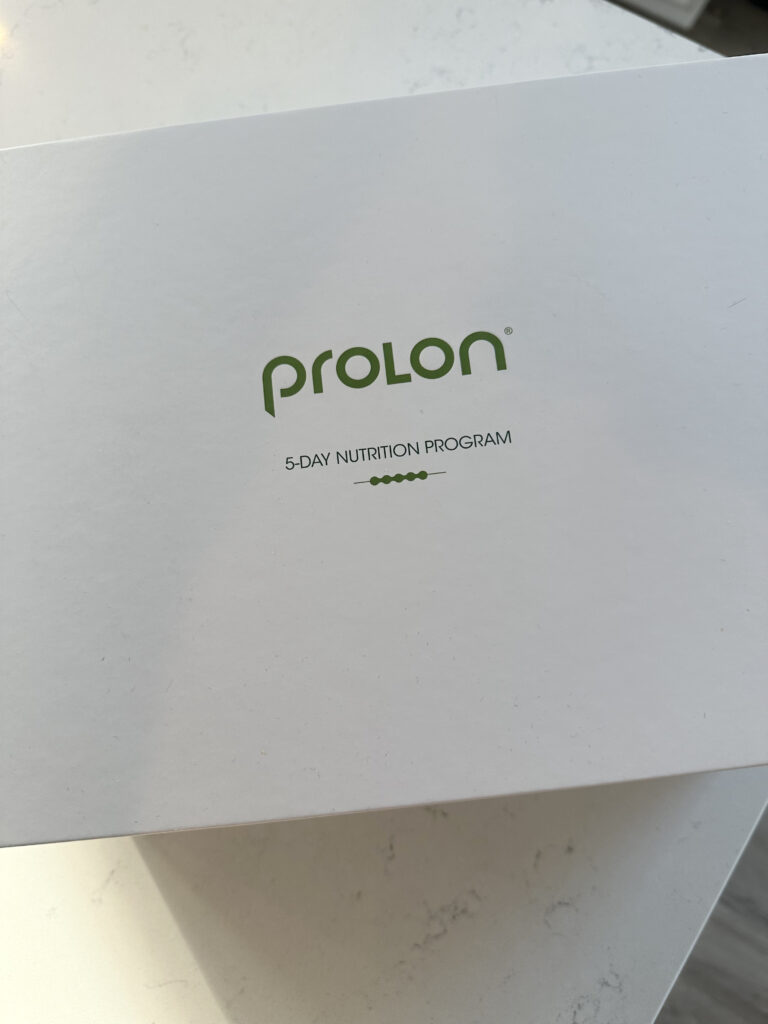

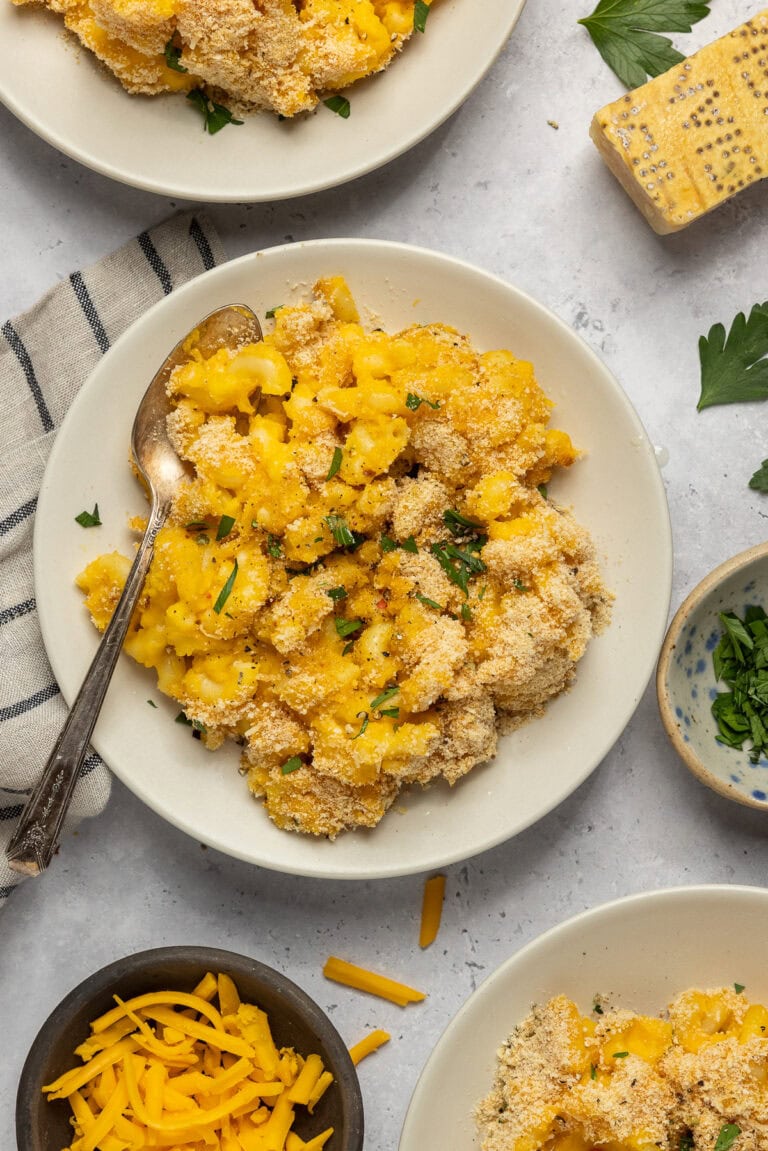
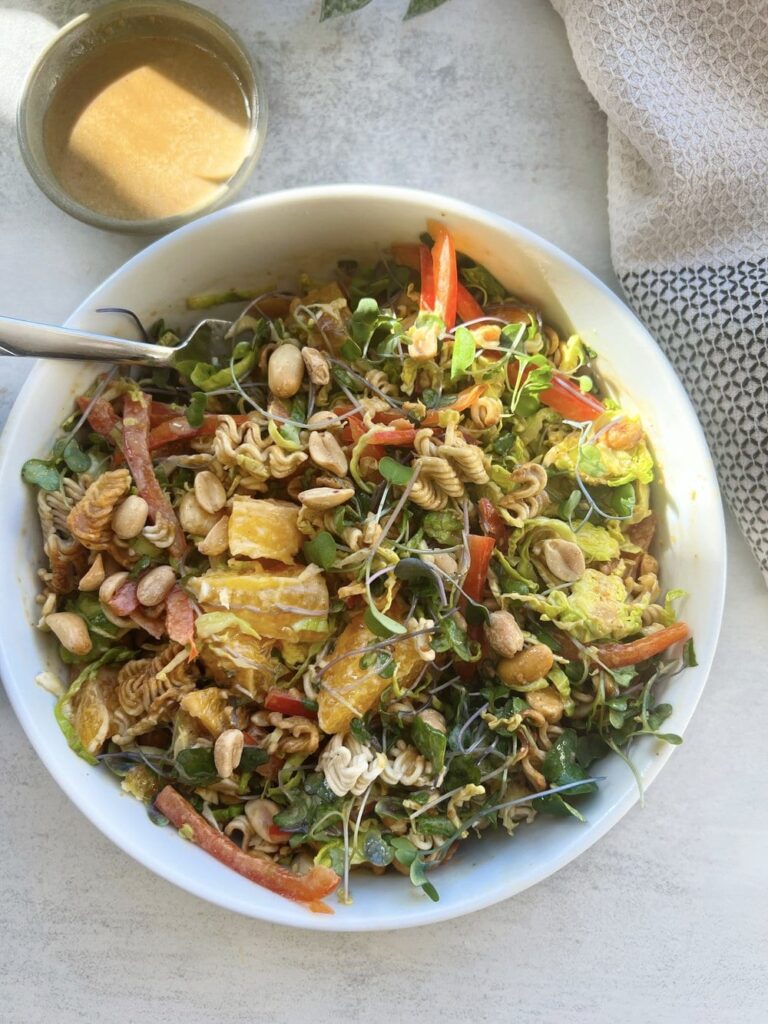
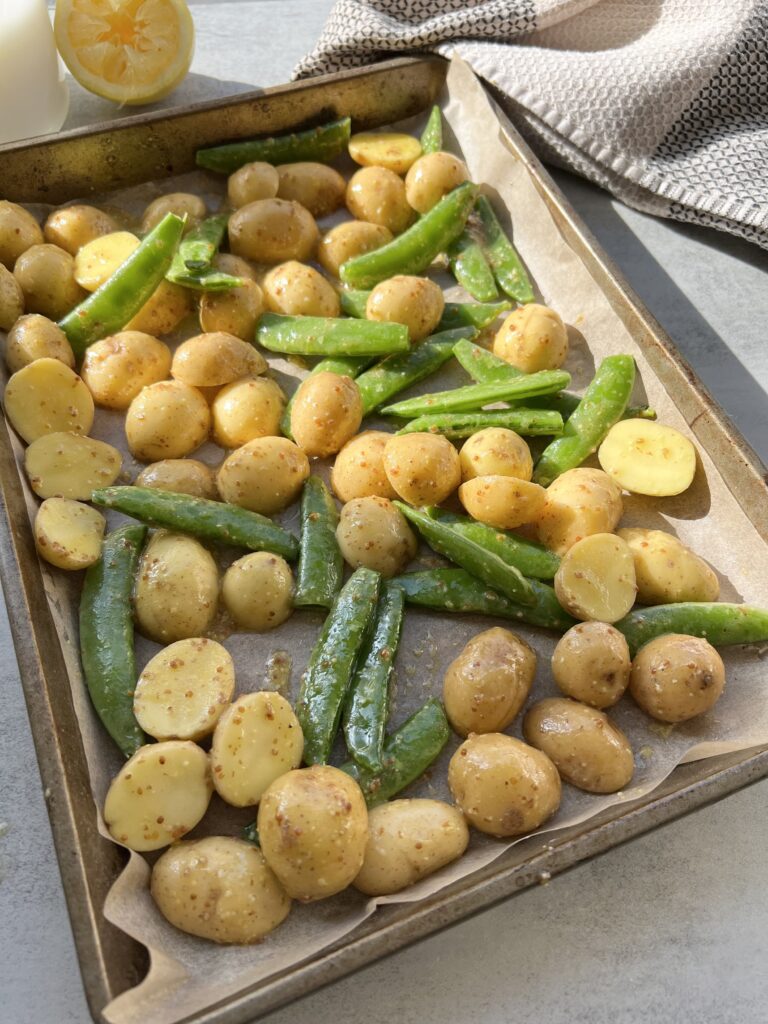
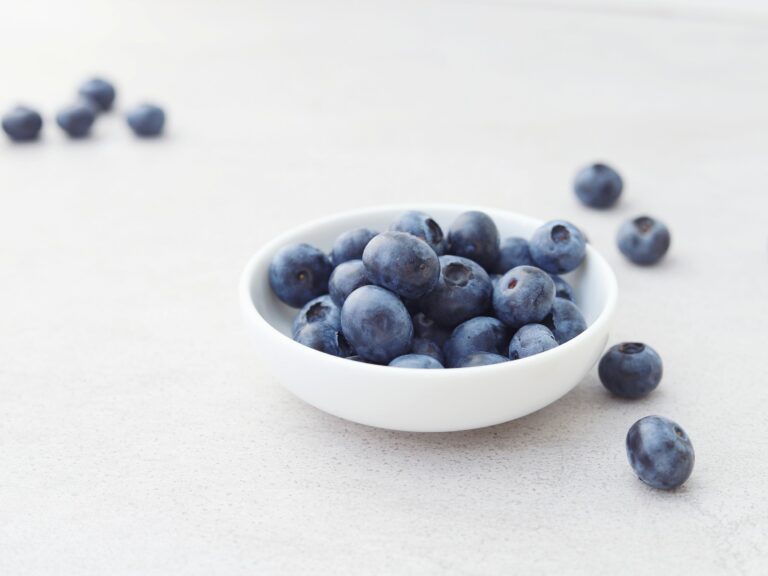
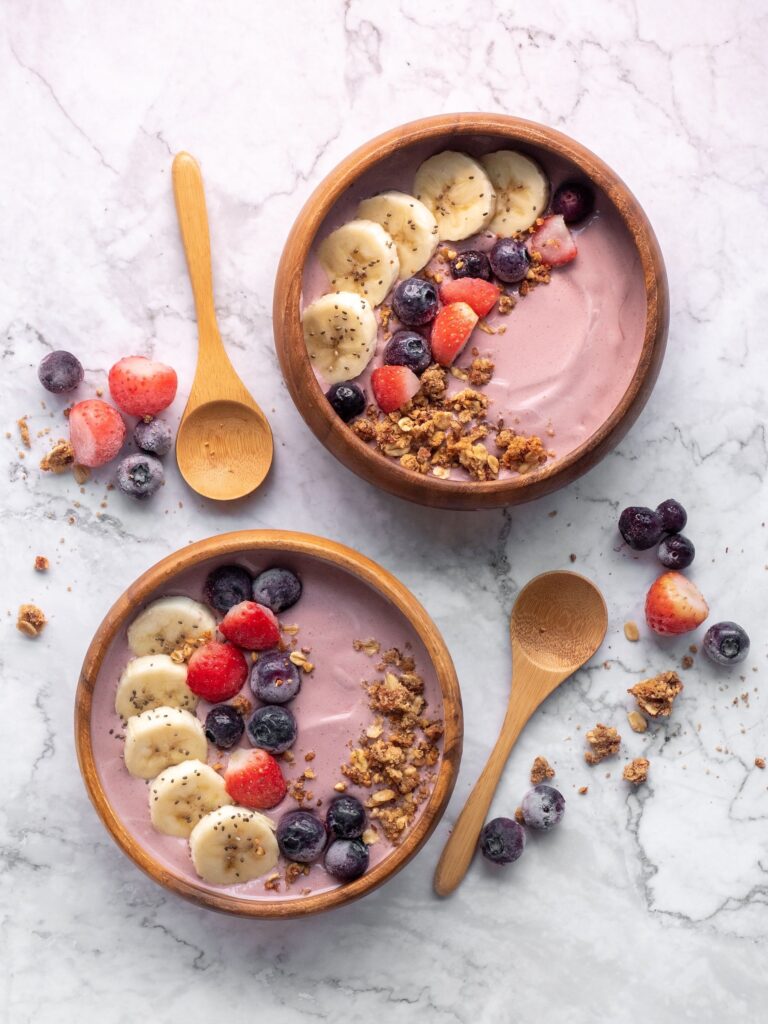
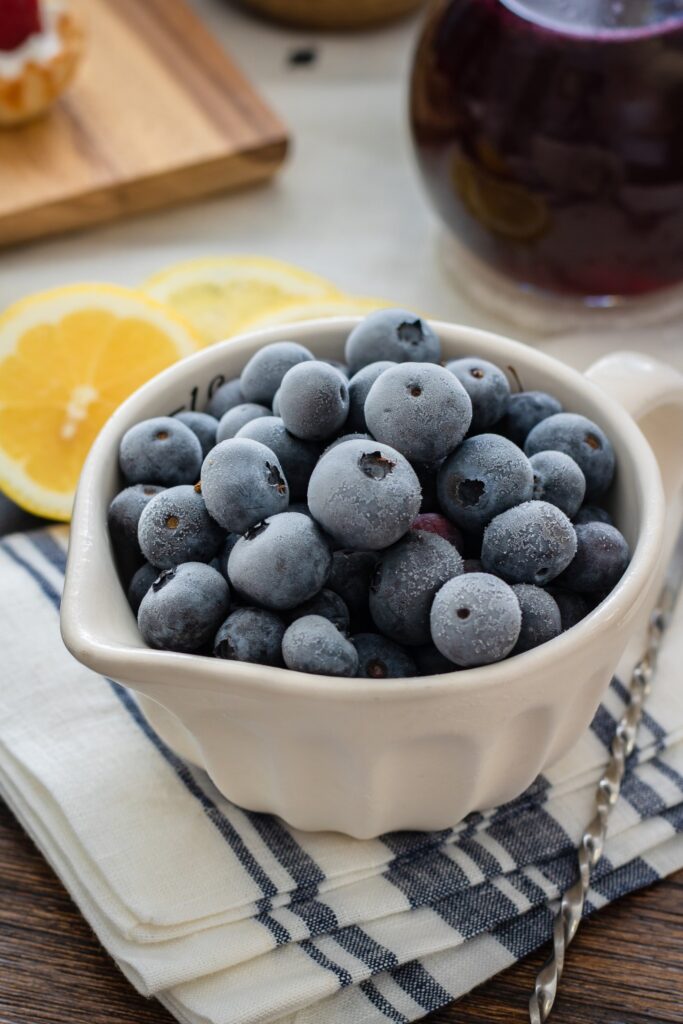


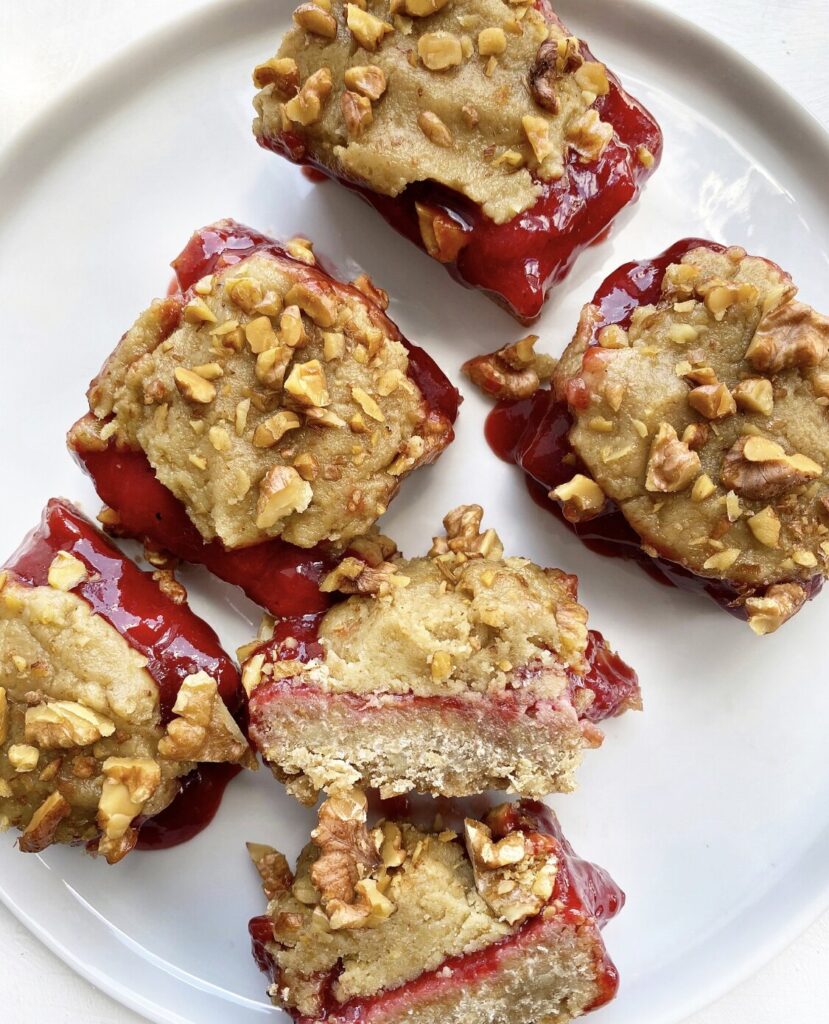
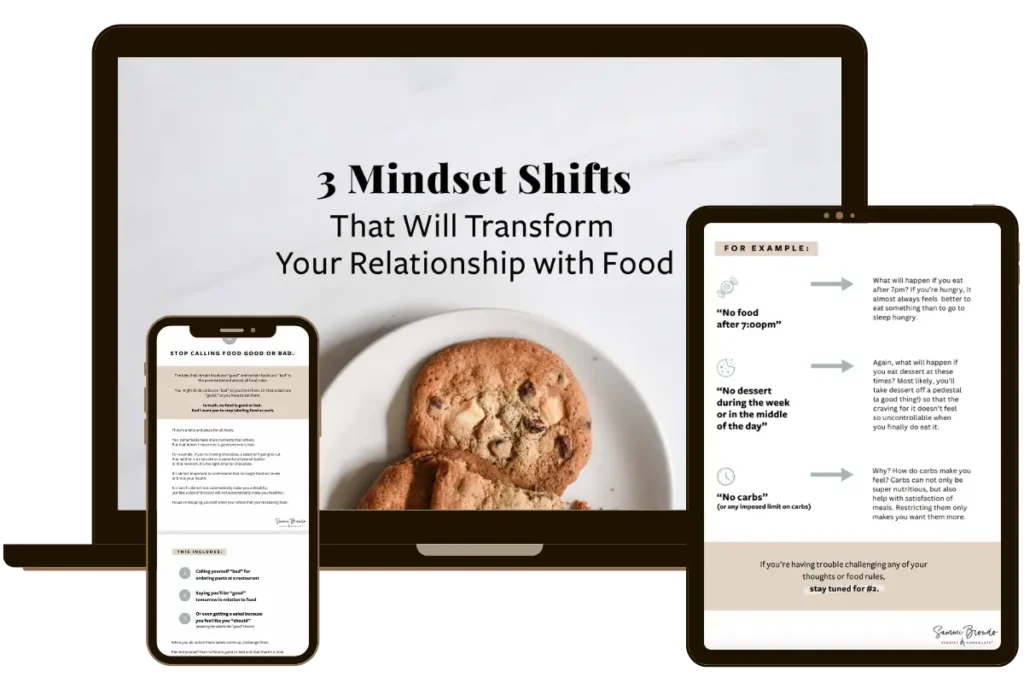
Thank you! Great article! Would love to know what to look for in a post natal vitamin too please? Thanks 🙂
This is really informative with regards to prenatal vitamins. Folate is really essential.